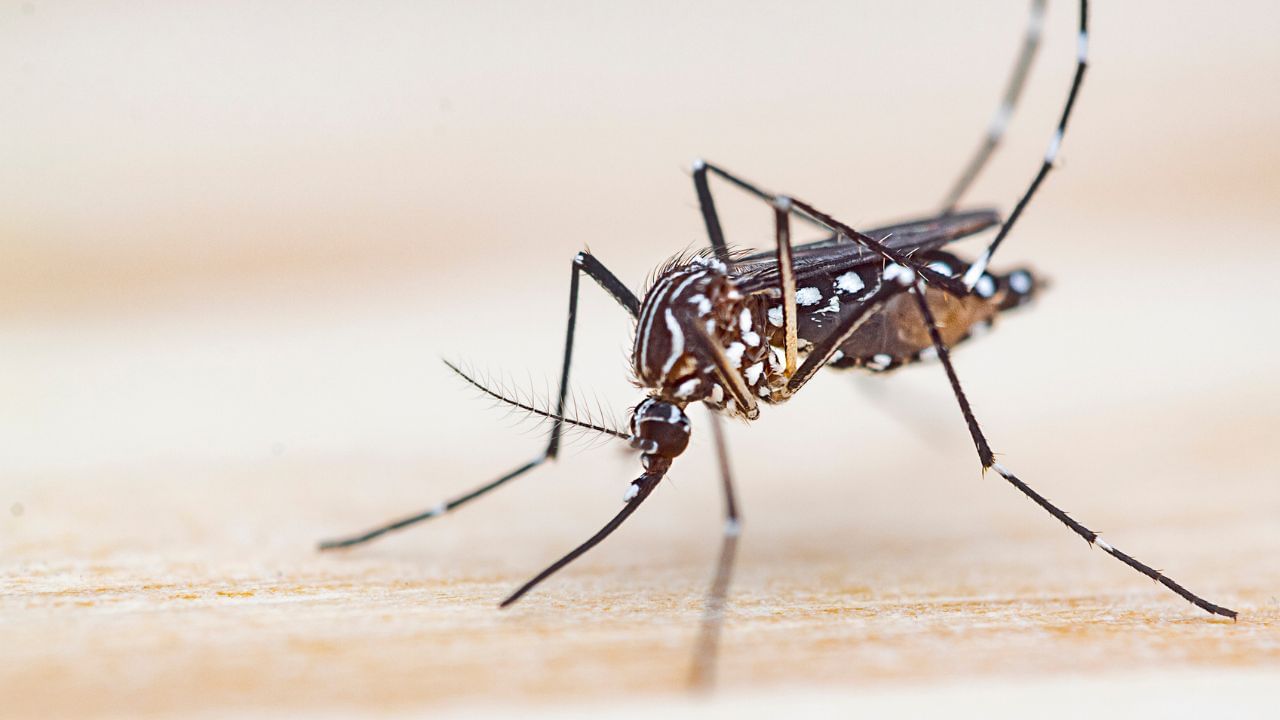Early signs of malaria and prevention methodsImage Credit Source: Getty Images
In Delhi, 264 malaria cases have been reported in Delhi so far from January to September, which is the highest in the last five years. According to experts, the number of mosquitoes has increased due to heavy rains and accumulation of water from place to place, which has also increased the risk of malaria. It is an infectious disease, which spreads by anaphilies mosquito bites. When the mosquito bites an infected person and bites another, the Plasmodium parasite enters the blood. This parasite affects red blood cells, showing symptoms such as fever and weakness. Malaria can take serious form if not treated on time and can become a threat to the patient’s life.
Malaria is not only limited to fever, but it can affect many body organs. The first immune system is weakened in this, which causes repeated fatigue and weakness. Constant high fever can cause dehydration problems. In severe cases it can damage liver and kidney. In some patients, the number of platelets also decreases, which increases the risk of bleeding. Malaria is very dangerous for children and pregnant women because it can cause problems like anemia and premature delivery. If the infection reaches the brain, then a condition like cerebral malaria can also occur, which can be fatal. Therefore, taking malaria lightly can prove to be dangerous.
What are the initial symptoms of malaria?
Unit Head Dr. Subhash Giri in the Department of Medicine at RML Hospital It is said that early symptoms of malaria often look like normal fever, due to which people ignore it. Initially, the patient feels cold and sudden high fever. Along with this, headaches, sweating and fatigue are common signs. Many times patients also have pain in muscles and joints. In the early days, appetite may be reduced, vomiting or feeling nausea can also be symptoms.
In children, it appears as irritability and weakness. If the infection increases, then the fever keeps on coming again and again and the body temperature can suddenly increase a lot. In severe cases, the patient may also have difficulty in breathing, jaundice and anemia. Therefore, if you feel constant fever and weakness during the rainy season, then the doctor should be contacted immediately.
How to rescue?
Do not allow water to accumulate around the house and around.
Use mosquito nets and repellent.
Wear all -arm clothes.
Put a fake on doors and windows.
Get blood checked from time to time.
